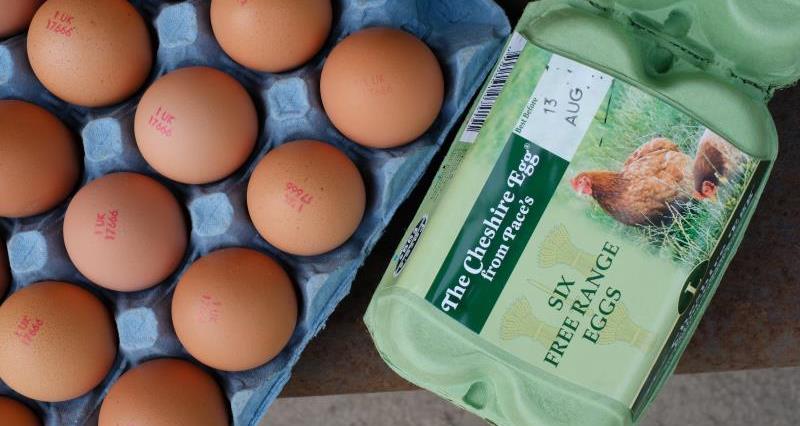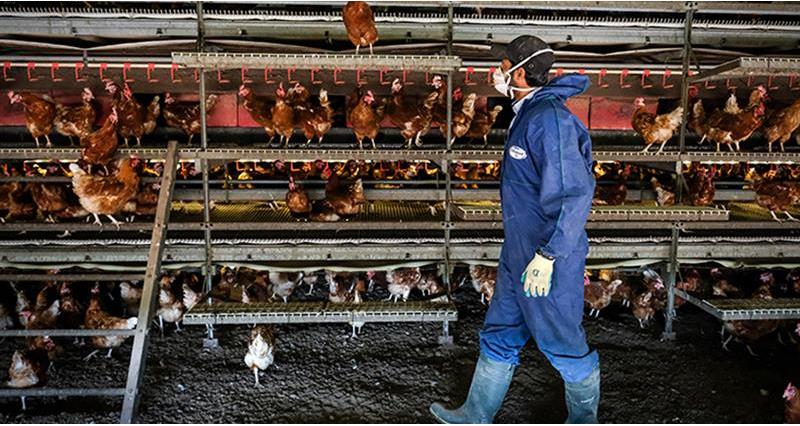Further support
This information is not intended to constitute legal advice, and any member who is unsure of their best course of action should consider speaking to their local EMI (Egg Marketing Inspector) or should consider taking independent legal advice.
NFU members can also contact NFU CallFirst on 0370 845 8458 for advice and referrals to the NFU's legal panel firms.
The AIPZ's (Avian Influenza Prevention Zone) in place across England and Wales were both lifted on 4 July 2023, following the reduction in risk level to 'low' for all poultry.
This announcement follows the lifting of mandatory housing measures on 18 April 2023. A ban on poultry gatherings remains in place.

